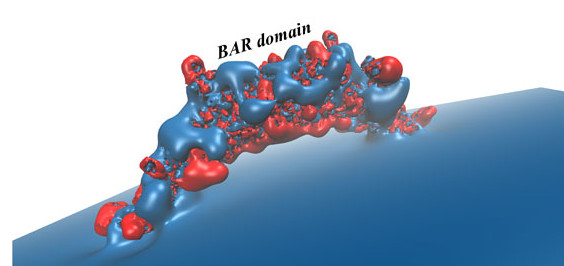What sets two organisms apart is not the number or even the types of genes that compose them, but the ways in which these genes interact. How our genes arrange themselves into systems is the true determining factor of biology. In order to fully grasp the information held within a single gene, we must consider its relation to the cells, tissues, and organs that make up the entire system. The ICB at Weill Cornell integrates genomic and cellular data with the larger issues of biomedicine.
The Institute has two areas of emphasis in research:
Computational Systems Biology – One focus will be the computational aspects of the study of complex biological systems such as neuroscience; bioengineering; representation and modeling of cellular system and signaling networks; simulation of physiological systems (e.g., cardiovascular); computational aspects of imaging (e.g., image acquisition, data storage, and image analysis); and molecular simulations of structure and function.
Biomedical Informatics – Another focus will be aspects that bridge bioinformatics and medical informatics, such as genetic bioinformatics (e.g., gene expression, sequencing and diversity; pharmacogenetics) and specific application to gene discovery, proteomics, structural and functional genomics, disease etiology and epidemiology, animal development, model design and gene expression devices.


